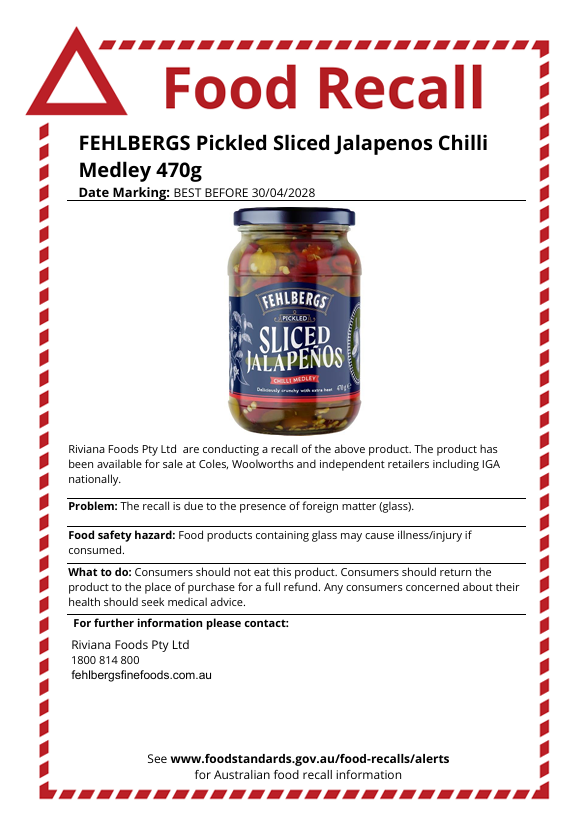It has been a long couple of years for everyone, and some people are choosing to express themselves in a negative fashion. Unfortunately for foodservice professionals, this has resulted in a number of cases where people are taking their frustrations out on them. Although abuse from the public is something that most service workers have at least witnessed before, it still doesn’t make it right and we hope in time society will learn to show more respect.
Dealing with a ‘difficult’ customer is never a fun time. However, harnessing the tools to deescalate a situation will help you work without fear of the next confrontation. So, if you want to better prepare yourself for the moments, here are a few ideas that should help:
1) Know your stuff
It’s a sad thing to admit, but there are some people out there preparing themselves for confrontation. Whether it’s a disgruntled member of society or perhaps a patron that has had too much to drink, they’ll often try to play the ‘my rights state’ card. A lot of the time they’re blowing smoke, and it’s likely you haven’t done anything wrong. However, being armed with an understanding of the rules and protections for businesses can help debunk any irrelevant law.
2) Don’t be afraid to support your co-workers
Sometimes you can say all of the right things, and still they won’t to back down. Situations like these might require a strength in numbers approach. Which means if you see someone struggling to contain a situation, be ready to lend them a hand. This could be a simple as standing over the shoulder of your work mate, to assist if they need it. It’s important to support each other rather than shy away from the conflict, even if you know that they can handle it.
3) Listen, learn and be prepared with practice
How does the old saying go, practice makes perfect? In this case, we hope that you aren’t getting your practice from live situations. There are alternative ways to prepare yourself though. Firstly, listening to others deal with matters of conflict should be a priority for those with little experience, and don’t be afraid to ask your colleagues questions (after the dispute has been resolved of course).
The second thing is practising, which can be a little difficult. It might be a little awkward, but sometimes a little role play can work. Ask an experienced worker for some of the main niggles/questions that arise and have them put it to you so that it’s less of a shock when happening in real time.
4) Stay cool, calm and collected
You can do all of the practice and prep you like, but it won’t be much help if you can’t remain calm in the moment. Maintaining your cool can be tough when faced with someone who’s overly rude, but it’s essential to deescalating a tense situation. Take your time when answering, remembering that they’ve come into your business so you should hold all the cards. You have to remember that some people are simply trying to pick a fight, rather than trying to resolve anything.
Be wary of customer assistance
As touching as it is for a member of the public to come to your aid, it doesn’t always produce the best results. A lot of the time customers might think they’re helping, but in fact they’re just causing more of a scene and escalating things. With your training and experience in the hospitality industry, it’s likely that you’re better equipped to handle the situation.
If your business has had some success with other ideas in conflict resolution, we’d love to hear about it and we’re sure our audience of industry professionals would to. Head over to our Facebook page and let us know how you’re getting on during these times, you might even be able to feature in the next edition of Yes Chef!

